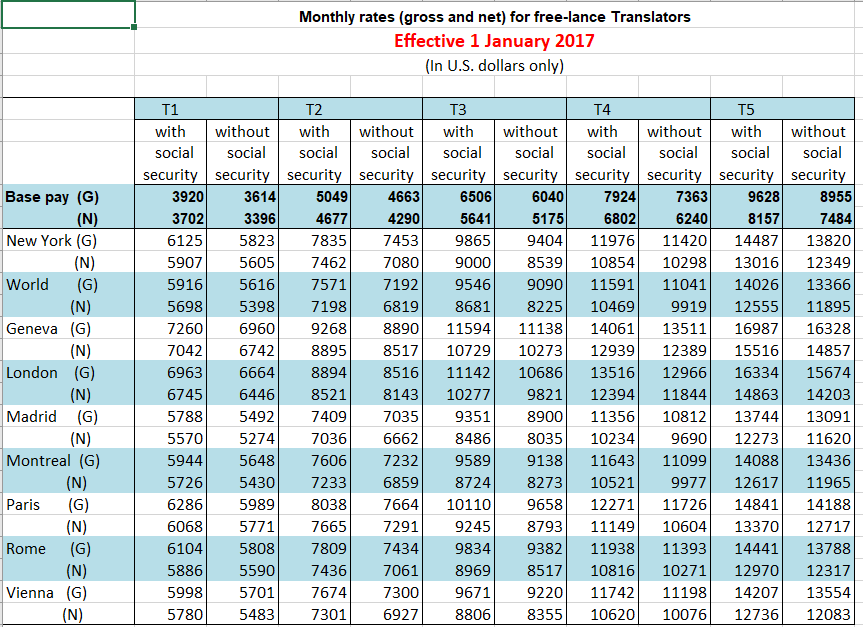Professional linguists and students of languages can choose from various career paths. Two of the mainstream occupations chosen by linguists are in the fields of interpretation and translation.
What is a Linguist?
A linguist is a person who studies or has studied language. But this is a very broad definition as there are many kinds of linguists. Some linguists focus on the structure of language and grammar. Computational linguists use computer and technology to deal with written and spoken language. There are many other branches of linguistics. But for our purposes, a linguist is a person who is skilled in foreign languages.
What is a translator?
A translator is a person who converts written texts from one language to another. Translators need to be bilingual (at least) and have good command in both the source and target languages. Professional translators will often have a University degree in one or more languages.
What is an interpreter?
An interpreter is a person who transforms spoken language into another language. The interpreter hears the source language and then speaks the translation in the target language. The work of an interpreter is required when a meeting, conference or conversation is held among people that speak different languages. Interpreters need to be bilingual (at least) and have good command in both the source and target languages. Professional interpreters will often have a University degree in one or more languages as well as training in the field of interpretation.
Which profession came first?
Interpretation is a very ancient profession. One of the first, if not the first, references to an interpreter was made in the Bible.
And they knew not that Joseph understood them; for he spake unto them by an interpreter (Genesis 42, 23 King James version).
Since spoken language came before written language, this makes sense. Translators came into being at a later time, but the occupation of translator came into being in ancient times as well, and was related with theological and biblical studies.
What are the main differences between an interpreter and a translator?
One big difference between the two professions is geographical. The physical presence of a translator is usually not required, and the work can usually be done offsite. An interpreter however often needs to be physically present at the meeting venue.
Interpretation work requires very fast processing and is also done with no technical aids. It can be argued that an interpreter needs more acute language skills than a translator. That’s why most interpreters usually do translation work as well. But most translators do not do interpretation work. The credentials required to be an interpreter tend to be more stringent than those required to be a translator. For example, court interpreters and diplomatic interpreters will require a very high level of accreditation for their chosen profession. Translators on the other hand may not require any kind of formal credentials to get work.
Another difference lies in the pay structure. Interpreters are paid by the hour, with additional expenses for travel and per-diem allowances as relevant. Translators are rarely paid by the hour for offsite work, which is the most prevalent mode of work. Translators usually get paid per word or per page.
How much do interpreters and translators make?
According to the US Bureau of Labor Statistics, the median annual wage in May 2019 for interpreters and translators was $51,830.
According to the United Nations website, interpreters can make as much as US$16,328 gross per month.

According to the UK government website, the official tariff for interpreters starts at £48 for the first hour and then £16 for subsequent hours.
Estimating the pay for freelance, work-from-home translators is a bit trickier since there is no official pay scale for this kind of work. But a good translator can make over $100,000 a year if they are able to consistently turn out high volumes of top quality work.
In summary: choosing a career as a translator or interpreter in the language translation services industry can be a wise choice.





